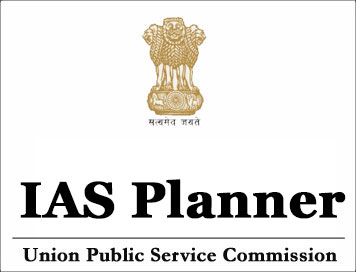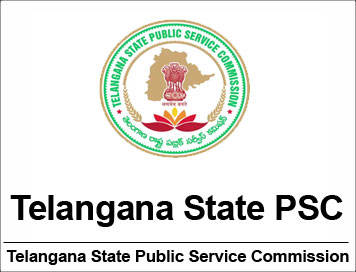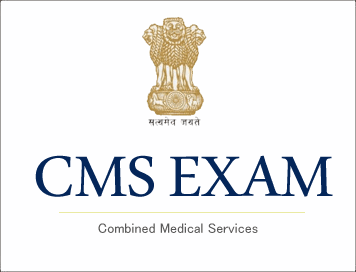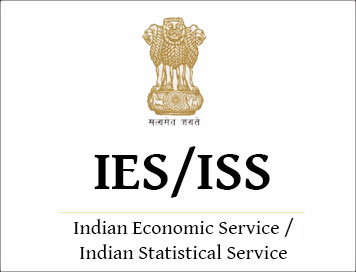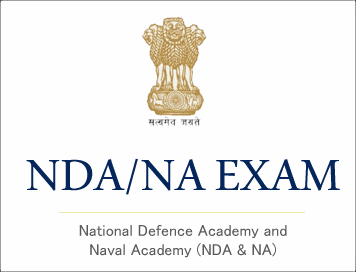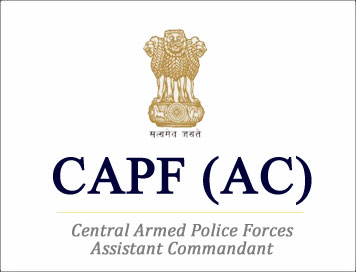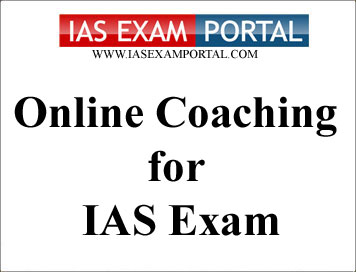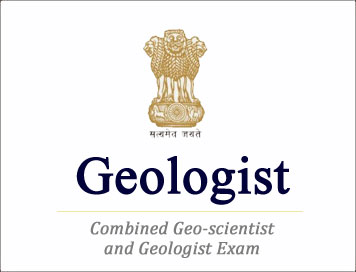
(Notification) UPSC Combined Geo-scientist and Geologist
Examination, 2017
No.4/2/2016 E.(lB) : A competitive examination for recruitment to the posts
mentioned in para 2 below will be held by the Union Public Service Commission
commencing from the 12t h May,2017 in accordance with the Rules published by the
Ministry of Mines in the Gazette of India dated the 8th February 2017 at the
following centres.
Post Details:
Category I : (Posts in the Geological Survey of India, Ministry of Mines).
(i) Geologist, Group A : 40
(ii) Geophysicist, Group A : 40
(iii) Chemist. Group A : 25
Category II : (Posts in the Central Ground Water Board , Ministry of Water
Resources)
(i) Junior Hydrogeologists (Scientist B), Group A : 33
Minimum Educational Qualification
(a) Master's degree in Geological Science or Geology or Applied Geology or
Geo-Exploration or Mineral Exploration or Engineering Geology or Marine Geology
or Earth Science and Resource Management or Oceanography and Coastal Areas
Studies or Petroleum Geosciences or Petroleum Exploration or Geochemistry or
Geological Technology or Geophysical Technology from a University incorporated
by an Act of the Central or State Legislature in India or an educational
institution established by an Act of Parliament or declared to be deemed
university under section 3 of the University Grants Commission Act, 1956 (3 of
1956)
( b ) For Geophysicists Gr ' A ' i n Geological Survey of India M.Sc. in
Physics or Applied Physics or M.Sc. (Geophysics) or Integrated M.Sc.
(Exploration Geophysics) or M.Sc (Applied Geophysics) or M.Sc. (Marine
Geophysics) Or M.Sc. (Tech.) (Applied Geophysics) from a University incorporated
by an Act of Parliament or State Legislature in India or other educational
institutes established by an Act of the Parliament or declared to be deemed
universities under the University Grants Commission Act, 1956.
( c ) F or Chemists Gr 'A' in Geol ogical Survey of India M. Sc. in Chemistry
or Applied Chemistry or Analytical Chemistry from a University incorporated by
an Act of Parliament or State Legislature or other educational Institutes
established by an Act of the Parliament or declared to be deemed Universities
under section 3 of the University Grants Commission Act, 1956 i.e. recognized
University.
PHYSICAL STANDARDS:
Candidates must be physically fit according to physical standards for
admission to the Examination, 2017 as per Regulations given in Appendix-II of
the rules for the Combined Geoscientist and Geologist Examination, 2017 in
Gazette of India dated 8th February, 2017.

